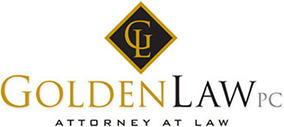The best financial option for everyone is avoiding overwhelming debt or taking on an amount that fits their budget. However, most people have no control over numerous unexpected costs, such as medical emergencies.
When debt becomes unmanageable, and people can no longer afford to make mortgage, rent or credit card payments, many are unsure of the best route to get their financial house in order. Should they file for bankruptcy or work with a debt settlement company?
DEBT SETTLEMENT OFTEN FALLS SHORT
Increased government regulation and enforcement have addressed many predatory practices by debt settlement companies. However, here are three of the biggest problems:
- Lengthy process: Negotiations with debt settlement companies can take three to four years while customers risk lawsuits over debts they’ve accrued. Chapter 7 bankruptcy typically takes only a few months.
- Expense: Debts can be settled for as much as 50% of the current amount owed but can actually be higher than the initial balance when adding late fees and interest. Both Chapter 7 and Chapter 13 bankruptcy typically resolve debts for pennies on the dollar without penalties or interest.
- Credit scores: Both bankruptcy and debt settlement affect credit scores. However, those filing for bankruptcy usually see their scores rise within a few months, while it can take years to make progress under debt settlement.
BANKRUPTCY REMAINS THE BEST OPTION FOR MOST
Settlement companies often try to confuse people by spreading false information about bankruptcy and how people will lose their possessions. The truth is those who qualify for bankruptcy keep nearly all their belongings, even under Chapter 7.
Debt settlement companies prioritize their own best interests. Experienced bankruptcy attorneys, on the other hand, are morally and legally required to put their clients’ interests first. Your lawyer is dedicated to finding the best and most affordable way for putting your finances back on track.
